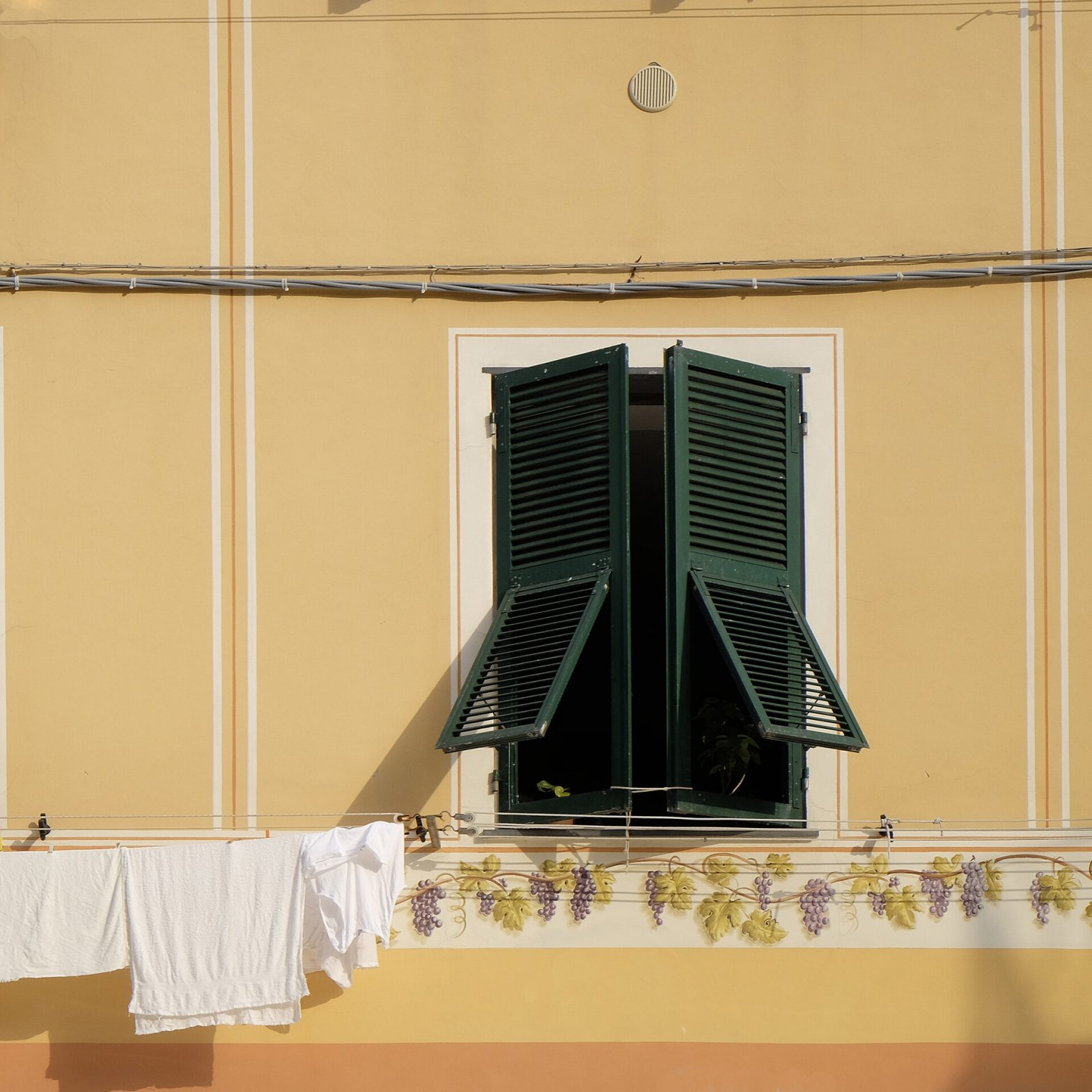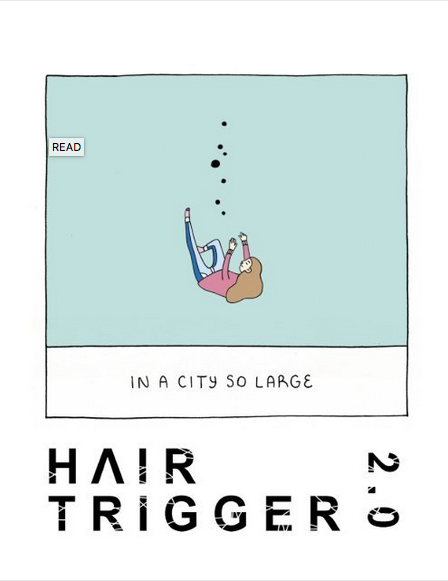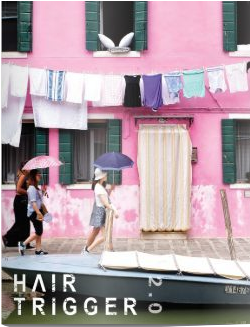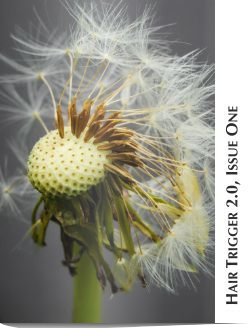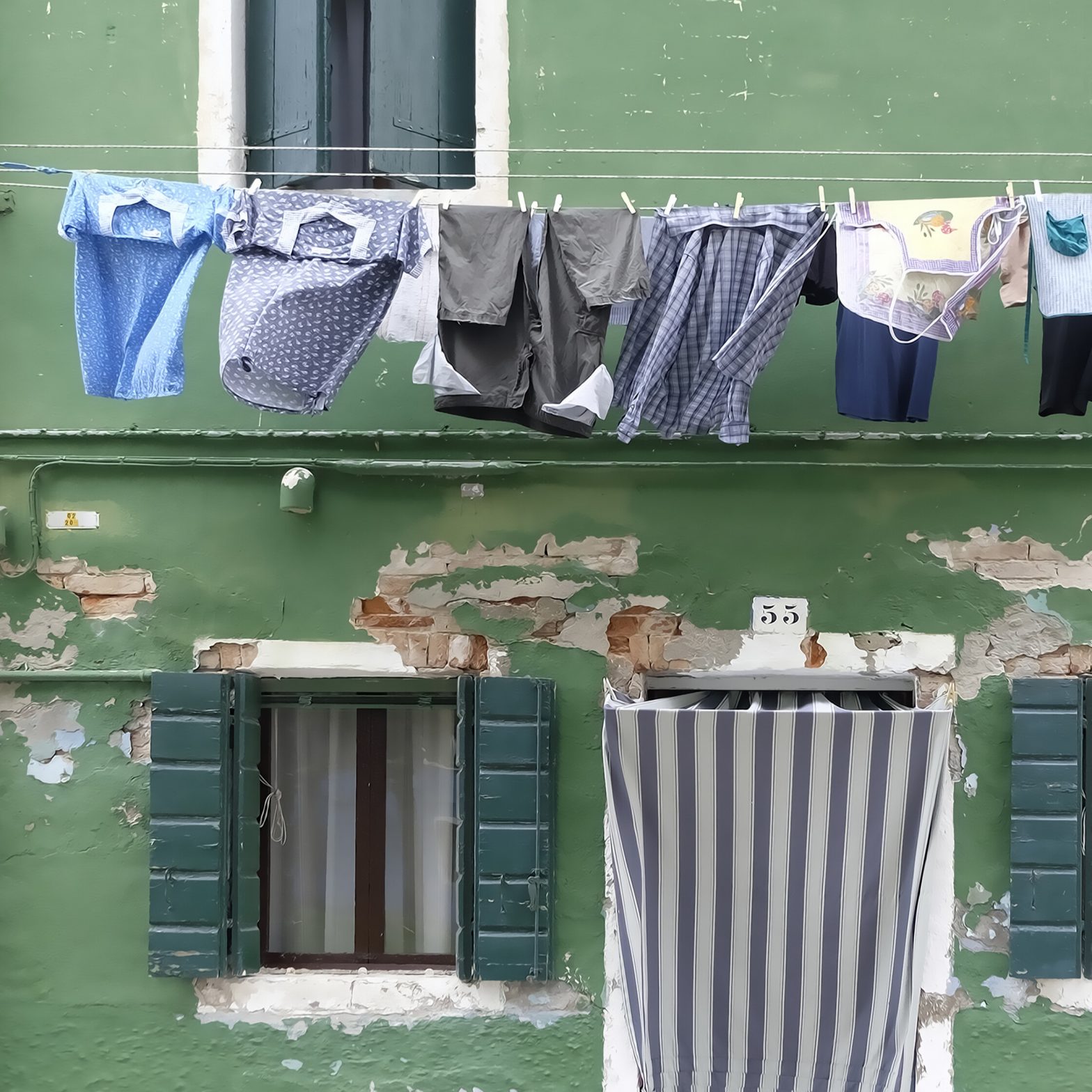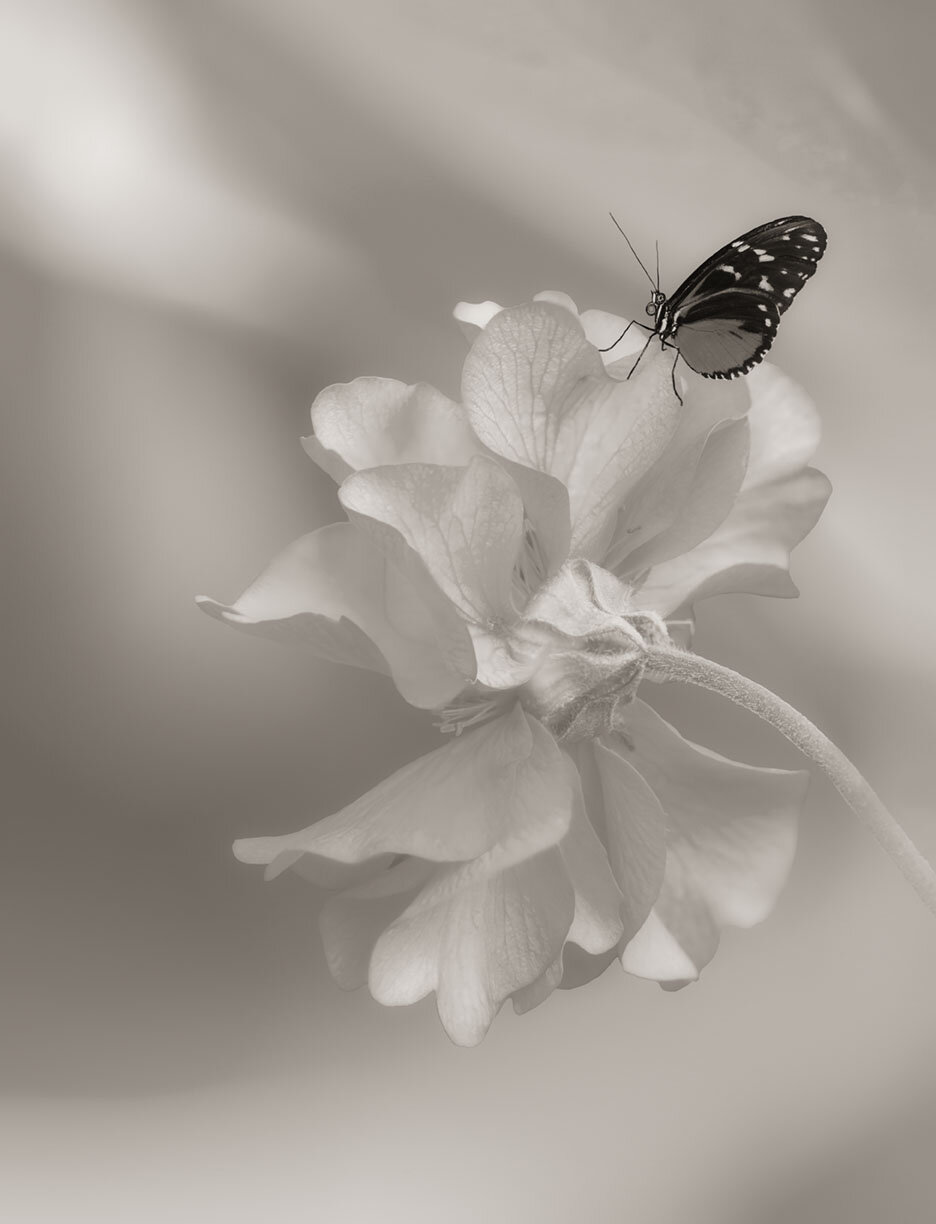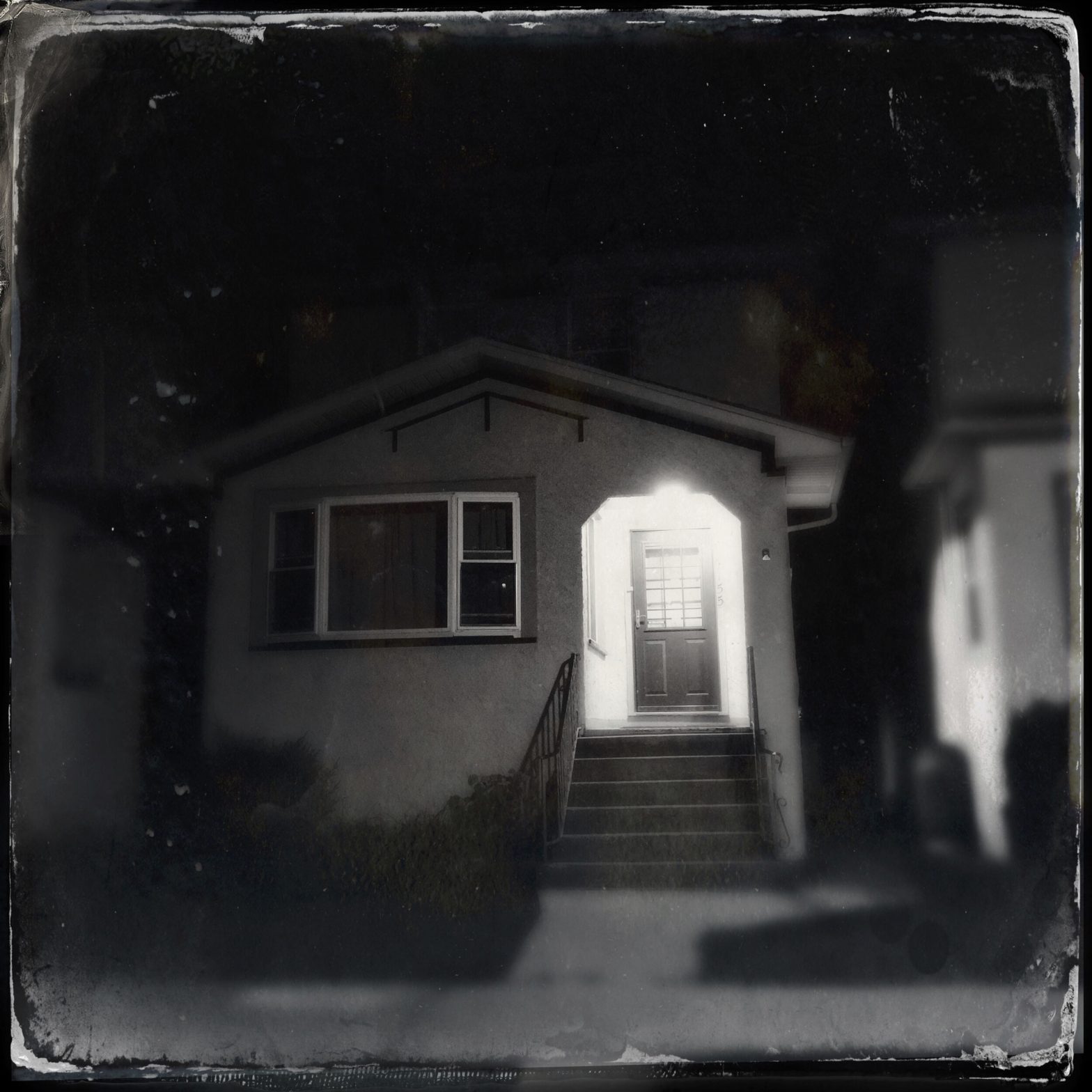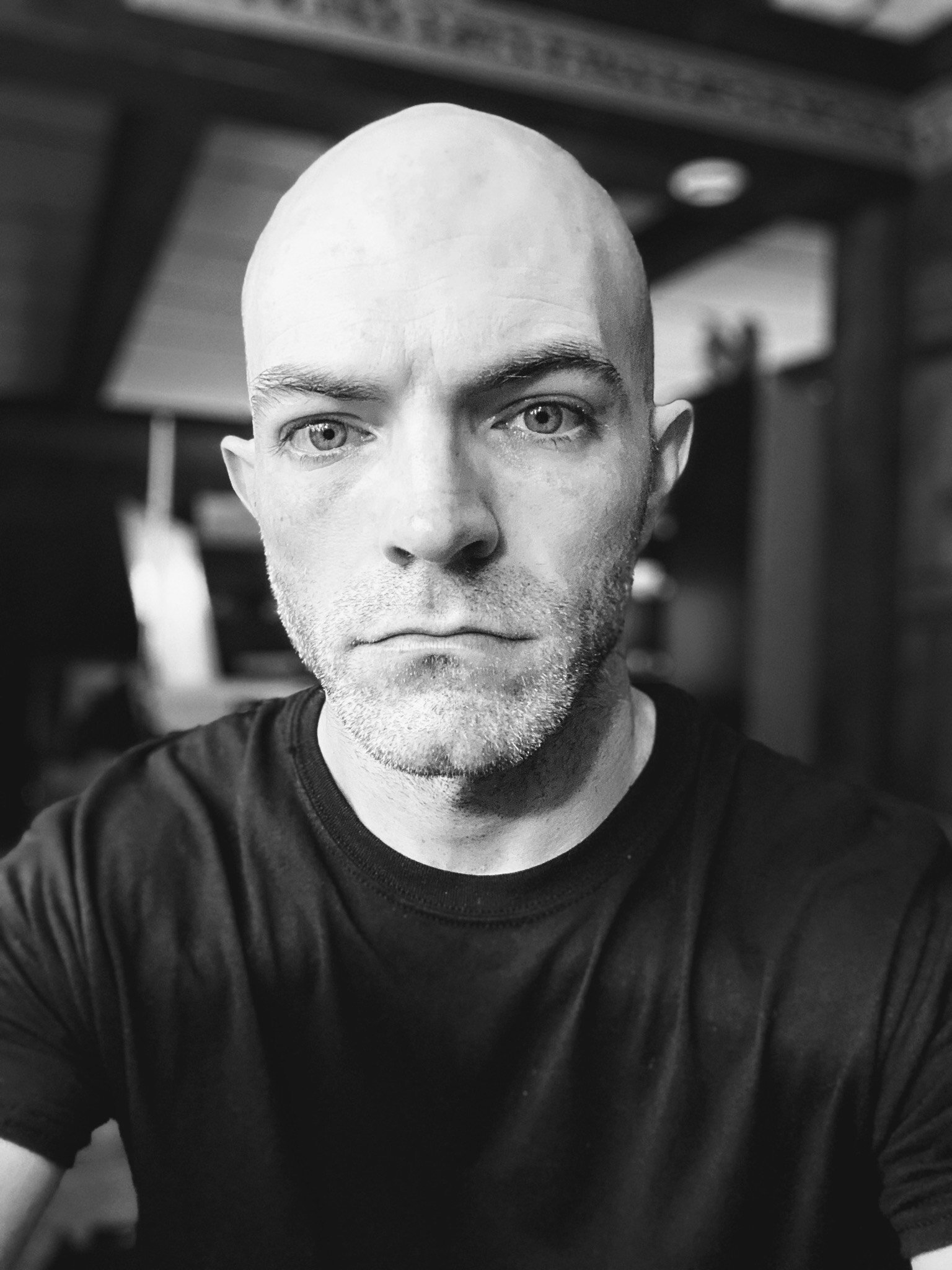Summer Fruit Sunsets
The summer before I left Andrea for college landed on one of the hottest years on record. The humidity spilled into the later months, pushing back autumn, as if both of us had willed summer’s extension with our selfishness, to spend as much time as we could together. She seemed like royalty, perched on a throne of moss-covered, wooden railings and rusted lawn chairs, looking out at her imaginary subjects, inviting me into her kingdom as some esteemed guest. Two queens from separate decks. I couldn’t piece together the reasons I drove back into her world every day, or what we never spoke of but should have. Yet, trying to question those memories was like wiping the dust off an old antique¾you just have to let it be, frozen in time and fragile.
Here she was now, sitting in just a bra and basketball shorts, sipping away at a virgin piña colada as if her mother had just gone window shopping a few towns over, and would be back before dinner. She would not. It was a Wednesday, but with the lazy July sun. Days seemed to merge together, keeping track of time didn’t matter when there was so much of it, and with nothing to do. She reclined under the backporch umbrella while I inspected the volleyball net sprawled on the backyard grass. The backyard itself wasn’t particularly large, but it opened up to acres full of uncut grass that eventually led to the outskirts of a small forest. Technically, it counted as unclaimed land Andrea could’ve called her own, but there was no use wandering through the tall grass that harbored ticks and deer droppings. Even still, the view was breathtaking, especially at dusk, when the sun fell perfectly behind the tall oak branches. I often hoped she would call me over every time the sky turned different colors, as if some god was picnicking in the clouds, peeling orange rinds and spilling cherry juice. That was the sunset she witnessed every day.
“Want me to help you out?” she said, sitting straight and raising her head in a genuine offer to lend a hand. In the moment I took it as a personal challenge, and declined her offer. “I just thought it was too much of a hassle to prop it up every other day since the thunderstorms kept knocking it back down. And it’s not like I make much use of it.” Summers in Virginia did offer strong thunderstorms, but the next day’s heat index would erase any hint of rain. The constant back and forth offered something to keep pace. I focused on the latter of her statement, as if my immediate response should have been to pity her and her isolation, but I doubt that would be her intent, when she knew I was spending time with her when I didn’t necessarily have to. And she didn’t seem at all ecstatic to leave the chair and chase some tattered volleyball.
Andrea and I had known of each other since freshman year of high school, sharing a few classes here and there, occasionally being her audience whenever she presented some grand project in English. She liked getting passionate over French authors no one knew of, blaring all the strange things she learned about their secret lives on Wikipedia. I think she liked getting reactions from crowds, whether of interest or entertainment. She was comfortable being put on a pedestal, some sort of passive confidence I couldn’t help but envy. That could’ve been the reason why we didn’t start talking until senior year, just a few months prior. We usually sat next to each other in poetry class, exchanging thoughts on Christina Rossetti and sharing snacks we carried in our sweater pockets. I can’t remember the catalyst to our newfound acquaintance, but Andrea was the type of person to carry a conversation with anyone, which made her bounce from group to group with ease. It seemed she was always in a genuine mood to be friendly and casual, and she could’ve seen something in me worth chatting up, but perhaps I’m overthinking her not-so-grand gesture.
We never spoke much outside of school until she made it a habit of inviting me over on ninety-degree days. We would share a bowl of strawberries, or tan on the lawn chairs. It took me by surprise for sure, and the first time I parked in her driveway, I kept looking over my shoulder expecting anyone else to show up, but she clarified it was just me when I asked if there was a party. I didn’t want to make things awkward. At that time I considered us friends, but I never expected to be the handpicked companion to share the day, out of everyone else she seemed to know. Sometimes I thought she only did this to get me to drive her to the nearest grocery store when her fridge was running low, but I couldn’t complain, considering even grocery shopping with her proved to be entertaining. She always took the mundane and flipped it on its back.
For a few weeks it played out like this, today no different, but I finally felt comfortable enough to leave the porch and fiddle with the fallen volleyball net to see if I could set it up once more.
I would have mentioned the option of playing with her mother, but I found out about that situation days before, when it was already a habit of mine to be her guest. We were sitting on the grass picking at weeds and flicking ants off our thighs. On a whim, I asked why she always had the house to herself. Slowly, she unraveled the story, but only after I picked at her brain with specific questions to see the whole picture. She gave vague answers, wanting to shrug off the subject. I could see why.
That summer, her uncle made constant visits to a veteran’s hospital out of state. Being his only other sibling, her mother drove three-hours north, to keep him company for days at a time. I could only imagine a racoon-eyed woman slumped in a disinfected plastic chair next to her brother. She still thought her brother was the same person who climbed apple trees for a quick bite, and would bandage her finger when she sliced it open peeling potatoes for Thanksgiving dinner. These were the stories she told her daughter in the rare times she came home, moments before passing out on the couch. Andrea repeated while we grazed our palms over the blades of grass, as if they were peach fuzz.
But with my new objective to raise the net, I could see how it gave the implication that I wanted to toss a ball back and forth, and really, I wouldn’t have minded if we did. Untangling the strings and digging to place the sun-eaten poles into the dry dirt, I thought I set it back up quite well, at least for the time being; I could tell it would fall back down by the time I left after sunset.
“So you don’t use this? Well now we can,” I responded. The “we” in my comment threw me off somehow, and looking back at Andrea’s face, seeing one eyebrow raise above her sunglasses made me want to retract my statement.
“You know it’s not for volleyball, right?” she asked, and I thought I heard a tinge of excitement in her voice. She took a final sip from her melted drink and got up with a long stretch. I took the moment to view the faint curve of her hips, the way her ribs protruded outward to hold a breath. She headed inside and left me with my pitched net. I studied the house, now that I didn’t have her to glance at, and tried counting the windows. They didn’t seem to have any order, and were patched around wherever they fit. Even with the large view and expansive land ahead, it was a quaint, two-story house, with less than a handful of rooms as far as I could tell, since I was never invited inside. Maybe I had already been invited in some unspoken sense, and didn’t have to ask to walk in. Andrea always loomed outside, however, so it felt off limits to barge in to refill a drink.
She returned with oddly shaped rackets and a pile of feathers in her fist. I tilted my head in curiosity, like a puppy hearing a whistle.
“Ever play badminton?”
Badminton. I should’ve known the feathers were a shuttlecock; that should’ve given it away had I put two and two together.
“I swear I had a newer birdie, but I guess not.” And she called them birdies, of course, why would I waste my breath with a three-syllable word like shuttlecock? While I debated in my head, she handed me a racket with a quizzical look, and I realized I had been dead silent the whole time she walked over.
“It’s been a while,” I said, heading to the other side of the net, “I used to play over at my sister’s house. I think she grew cherry tomatoes. Ate them like grapes. I didn’t mean to impose that we play or anything.” I studied the racket and let my fingers weave into the plastic grid, remembering how my sister would make me run left to right, aimlessly swinging at the air. I was too young to play well, but that was years ago. It’s strange how totally unrelated events, like Andrea standing in front of me with her face separated into pieces by the strings of the net, can bring back such familiar feelings.
Before I could react, she hit the shuttlecock, no, birdie, my way and it landed in the grass behind me. “You’re not imposing. If anything, I am.” She gave a soft chortle, expecting me to start the game again. I did, albeit a bit rustily, but time seemed to slow even more, and we went on back and forth, both in the game and in conversation. Bouncing between topics of alliteration and sportful taunts, I noticed how she let her dark hair brush her bare shoulders. Her shirtlessness took me some time to adjust to, but it was completely reasonable considering the waves of sunrays cast on us. Nothing more. Eventually she took off her sunglasses, if only for a few seconds, while she wiped her brow. I could finally see her eyes when she spoke. I liked being able to, as cheesy as it sounds, see the way she reacted with her natural expressions. How often had I looked directly at her? It all seemed so new. Then the glasses were back on and my questions dissipated. Instead, I focused on my own appearance, not comparing to hers, just checking if I was also radiating some sort of careless charm. The sweat started to collect on my weathered tank top, and several strands of my hair fell below my shoulders from the once tight bun that had held them in place. Careless, for sure.
We called it quits when the sky hinted it would start its color show, and we returned to the porch for another round of piña coladas. We both tilted our chins up to take in the sky. “This is my favorite part,” I whispered, not meaning to.
“The sunset? Yeah, I think it’s nice, but it means another day is ticked off, and I’d much prefer the afternoon to last forever, or at least a little while longer.” She took one last sip of her drink and slid her sunglasses further up the bridge of her nose. Was she trying to hint at the fact that right after the sun left, so would I? Did she like spending time with me that much? Or was I being selfish and believing everything she said was about me? She couldn’t possibly care that much, perhaps she just hated being alone. But why was it always me she wanted to spend hours with, picking wild blackberries that grew by the side of her house? I looked at her and asked the most melodramatic question, but it was the only one I could think of.
“With me?” I regretted it as soon as I asked, but then again, I hated everything I told Andrea and I could never tell why. Like everything I had to say never fit her standards of conversation, I wanted to offer her better, because I knew I could. But it was already out in the air for the mosquitos to fly through, to rise up into the sun and burn away. It took her a while to respond. Now I was sweating with the heat and the awkward atmosphere. This could be the last time I’d ever be invited to this safe haven miles away from the real world. I messed it up that much, catastrophically enough that she would assume more, dig deep into those two words and excavate some larger meaning. I had no idea how she would interpret that meaning. Hell, even if there was one I accidentally stuffed in between the letters, I’d have no idea what exactly it would be. I hadn’t thought about anything deeper that day than raising the net and counting windows, and here I was, feeding her dialogue we could both ponder over like a Christina Rossetti line in poetry class. It was nerve-racking to say the least.
Finally, she looked away from the sky and met my stare, no signature eyebrow raise this time, but maybe she wasn’t even looking at me. I couldn’t tell with the sunglasses and all. As if reading my mind, she took them off, but I couldn’t take this as some heartfelt gesture, the sun was bleeding away and she simply didn’t need them anymore. She matched my volume and said, “You could always stay over tonight, if you don’t want to drive back home in the dark,” and she turned to look up once more. If my jaw dropped, I hoped she couldn’t see from her peripheral vision. What a cheat, avoiding my question completely.
Before I could draw up some sensible answer, the gravel in the front yard started crackling under the weight of tires. An engine sound. Not waiting for my response, she jumped up and leaned against the side of the porch. Her expression filled with worry and panic, and I couldn’t tell why, since I knew it was only her mother. Maybe I would get to see if her demeanor was exactly how I’d imagined it. But my laid-back attitude didn’t match Andrea’s, and I wondered why. Before I could ask, she took a deep breath and rolled her shoulders back. The relaxation techniques weren’t working, her shoulders simply rolled back into place just below her ears, tense. I found it endearing, but I couldn’t remember a time when I had seen her like this, and I worried about her strange reaction.
I began to stand up to join her staring, but she put a hand on my shoulder and gently pushed me away from the view of the front yard. She let go once I was out of sight, she couldn’t have held on for more than two seconds, and yet I wish she had let it rest there. Had she never touched me before, this whole time? I had to snap out of whatever clouded my judgement of the situation, of which I still didn’t understand. We were standing so close to each other now, and I enjoyed everything, except for the puzzled look she had, as if she were trying to solve some impossible equation.
“What’s going on? Isn’t it just your mom?” I finally had enough sense to ask the right question. She sighed and said yes¾the way she spoke opposite the way she looked¾barefoot and shirtless, ready for a day at the beach. I had never seen her so conflicted. Just moments ago, she had been as careless as ever, even when she couldn’t hit the birdie in time. I asked again what troubled her.
“It’s nothing,” she whispered, “I’m just not allowed to have guests over, and I can’t read her mood.” The car door slammed shut. Its heavy metallic thud scared away a flock of neighboring birds hidden in the branches. They scattered away like all of my inquisitions of what could’ve become of that evening, or the nights ahead. No reason to contemplate or complain nowadays, Andrea came and went like that summer season, as I should’ve expected, fading with the strawberry stains on my shorts. I keep her tucked in the back of my mind, for my imagination to sort out the finer details.

